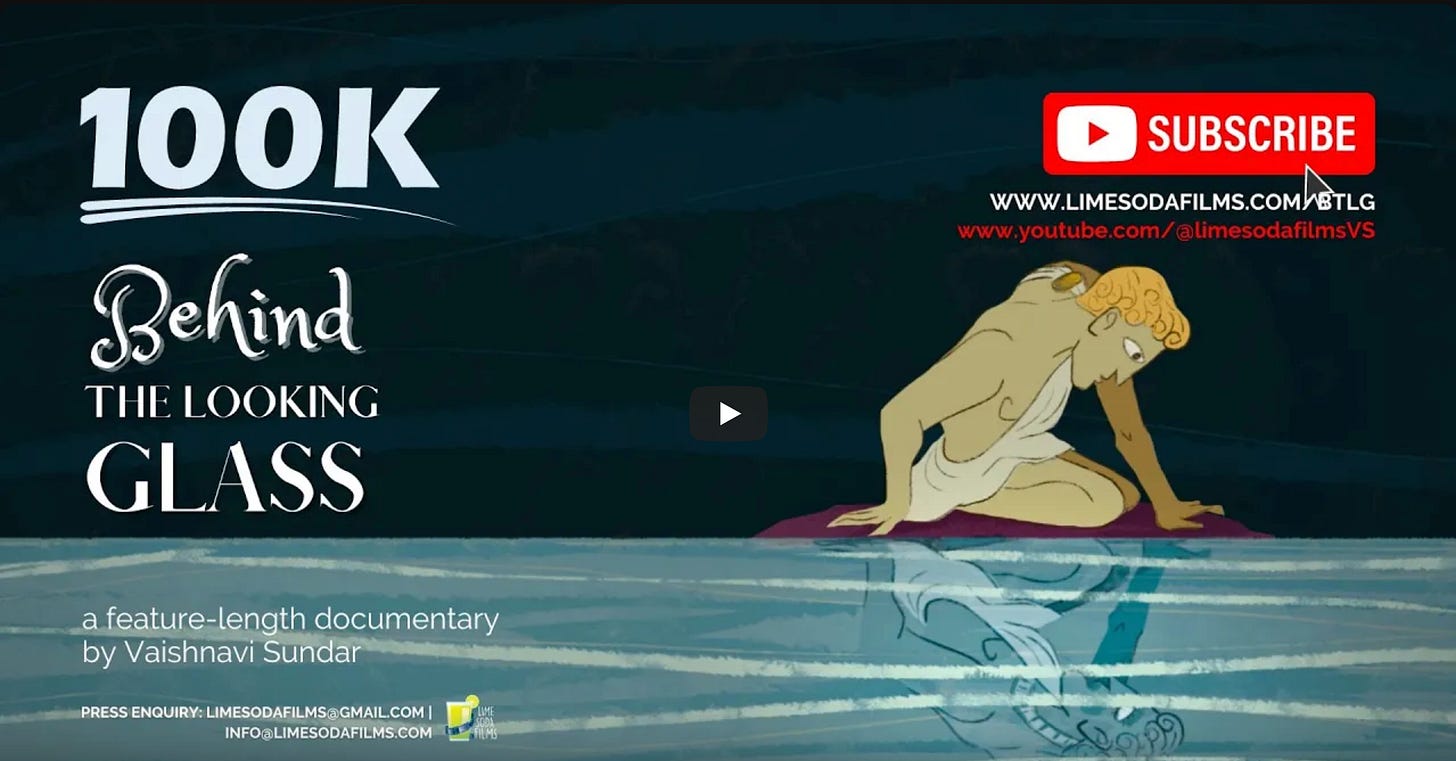Behind the Looking Glass: Unveiling the Silenced Voices of Trans Widows
Having always lived in the Southeast, the trans-identified individuals I’ve known have been predominantly female and millennial and younger. Outside of a few post-military millennial men, the majority of trans-identified males I’ve met have been older married men who only decided to publicly pretend to be women after being married for many years, forcin…




